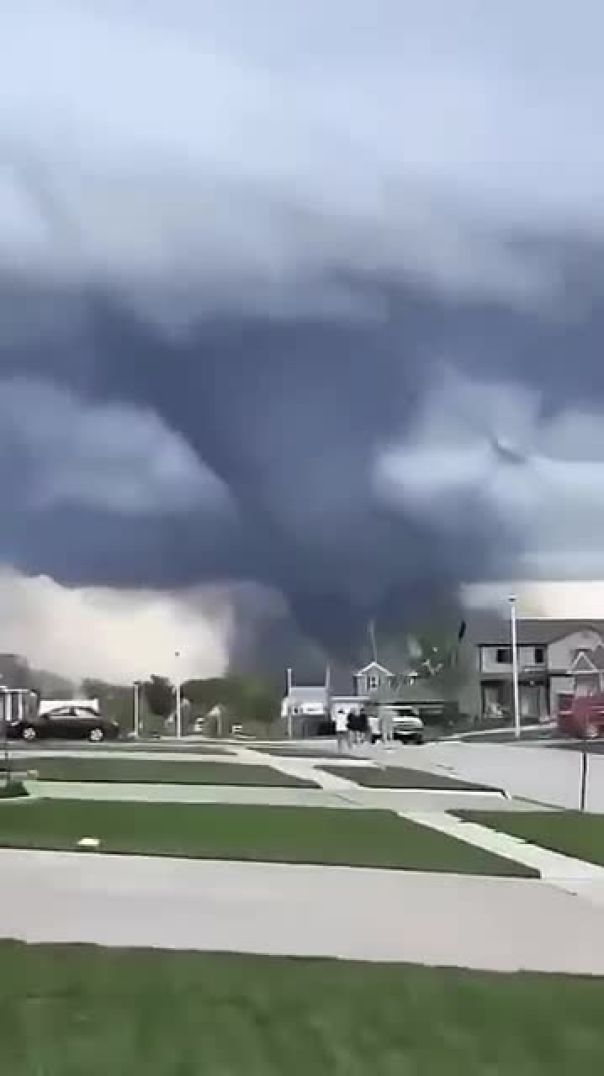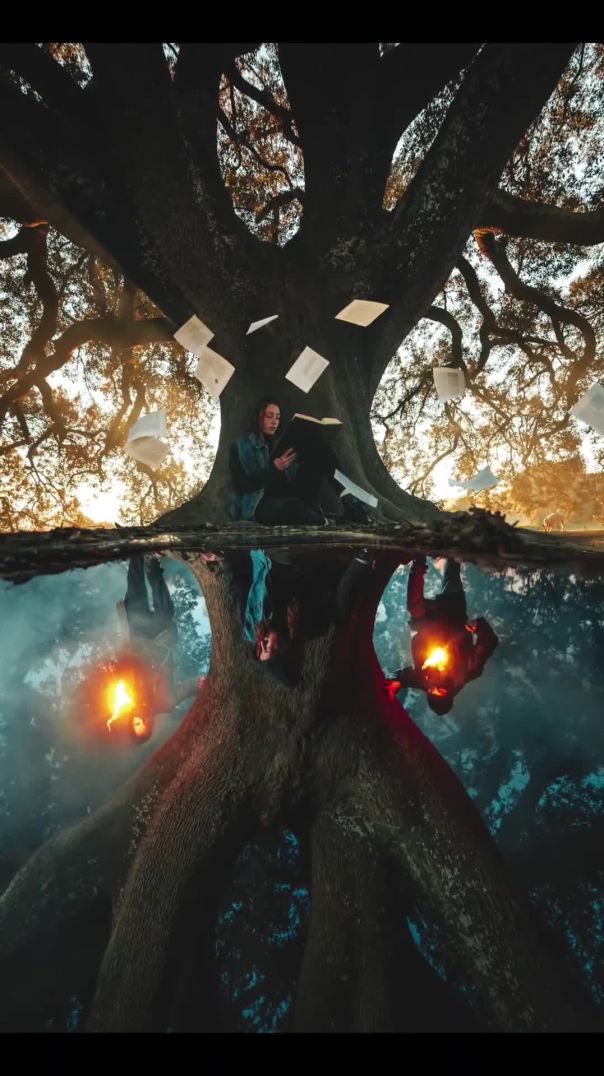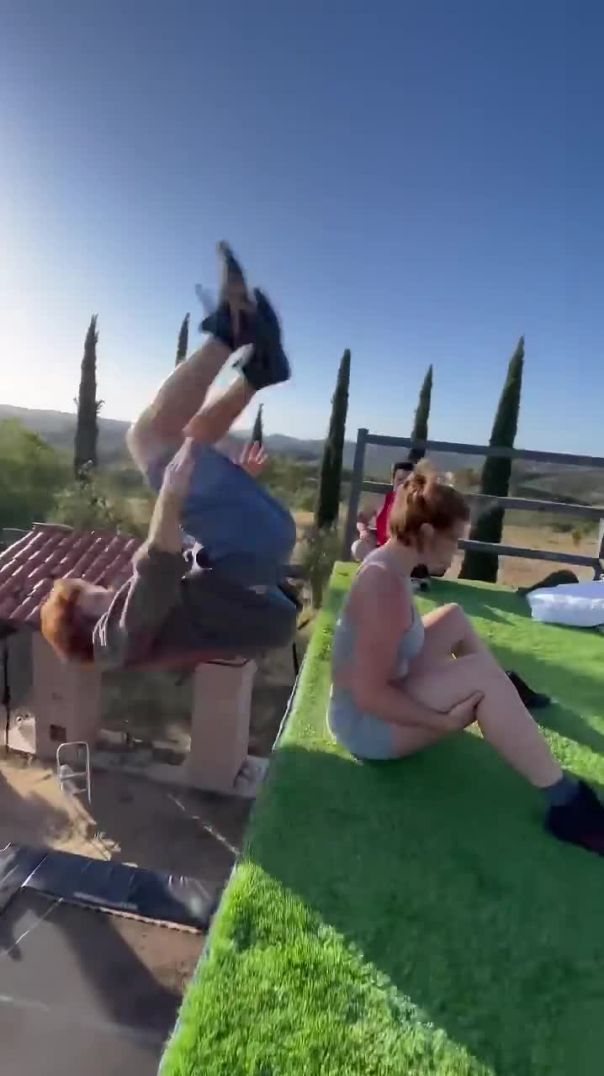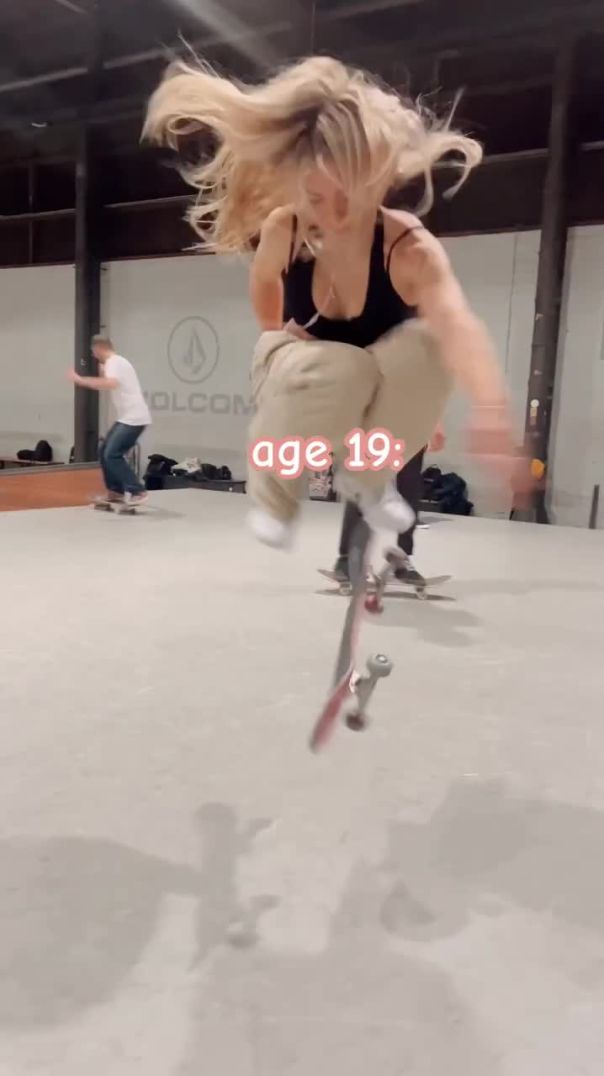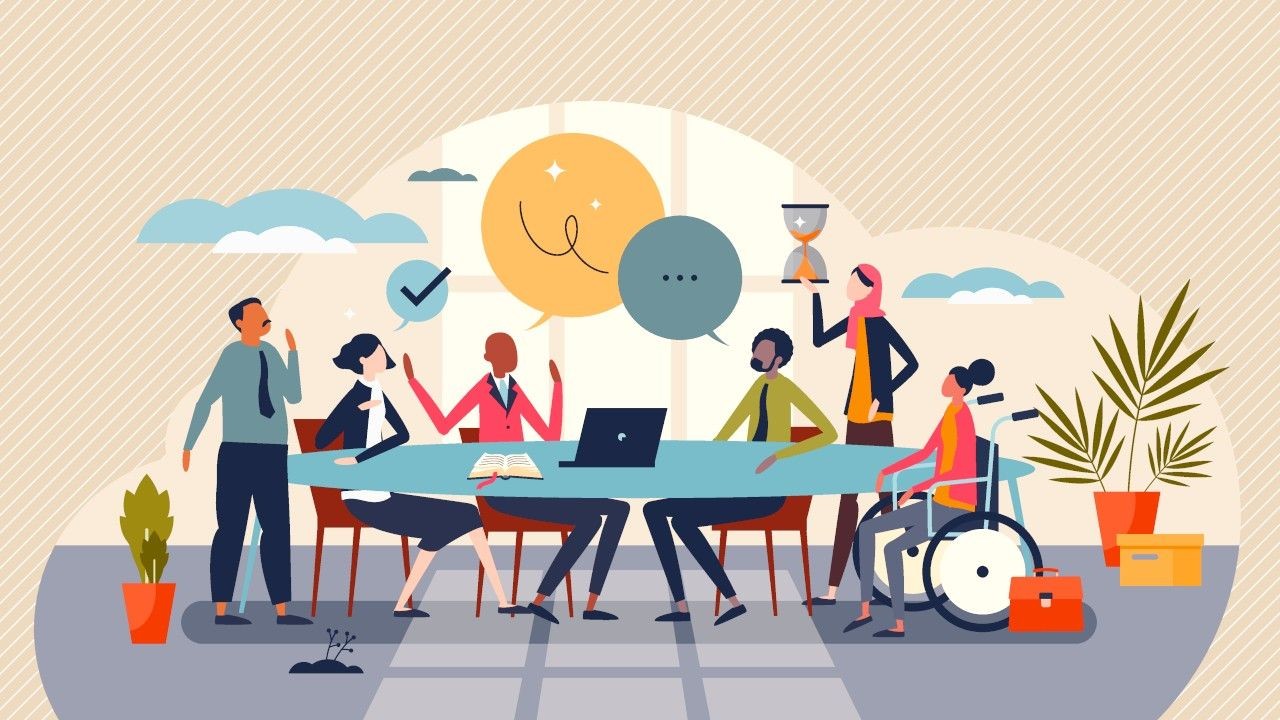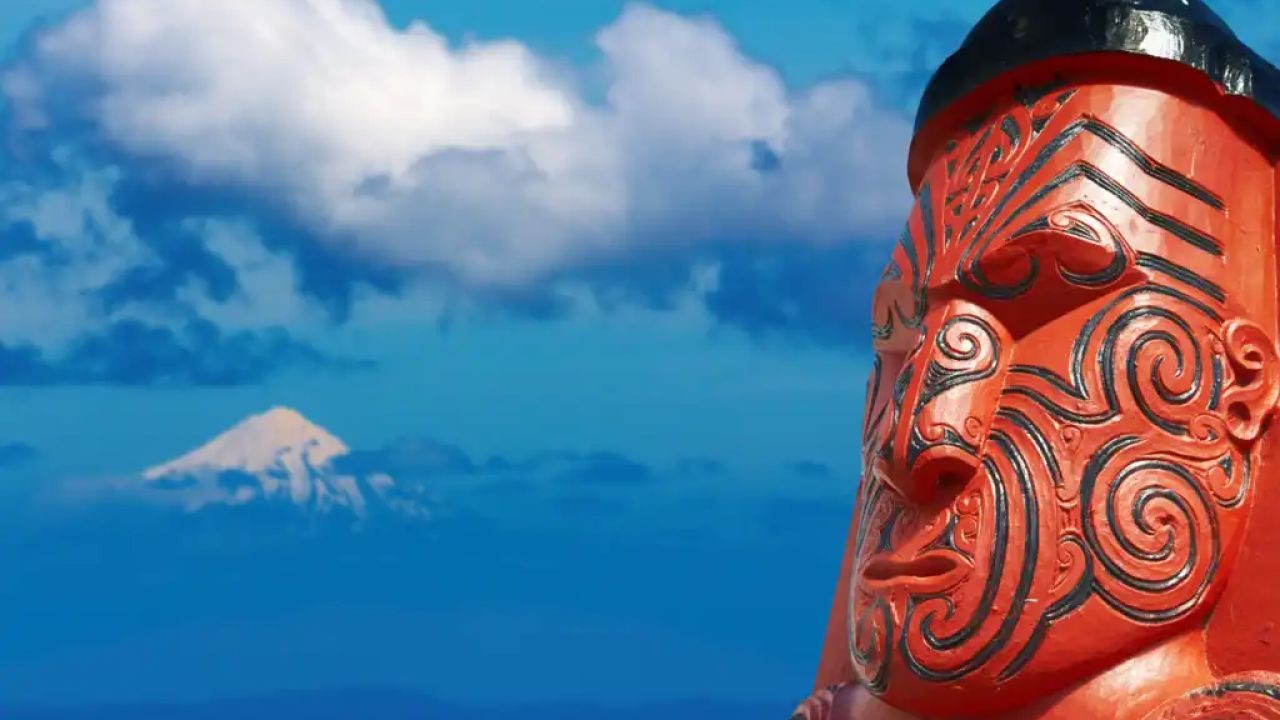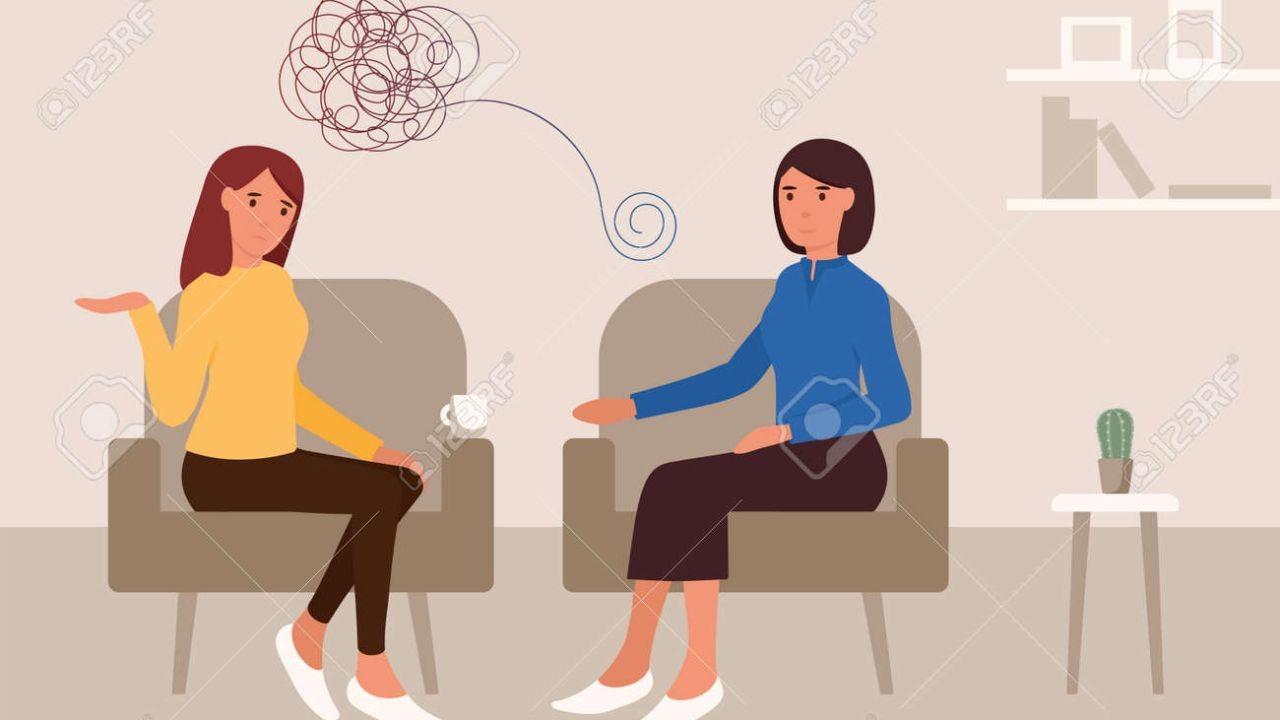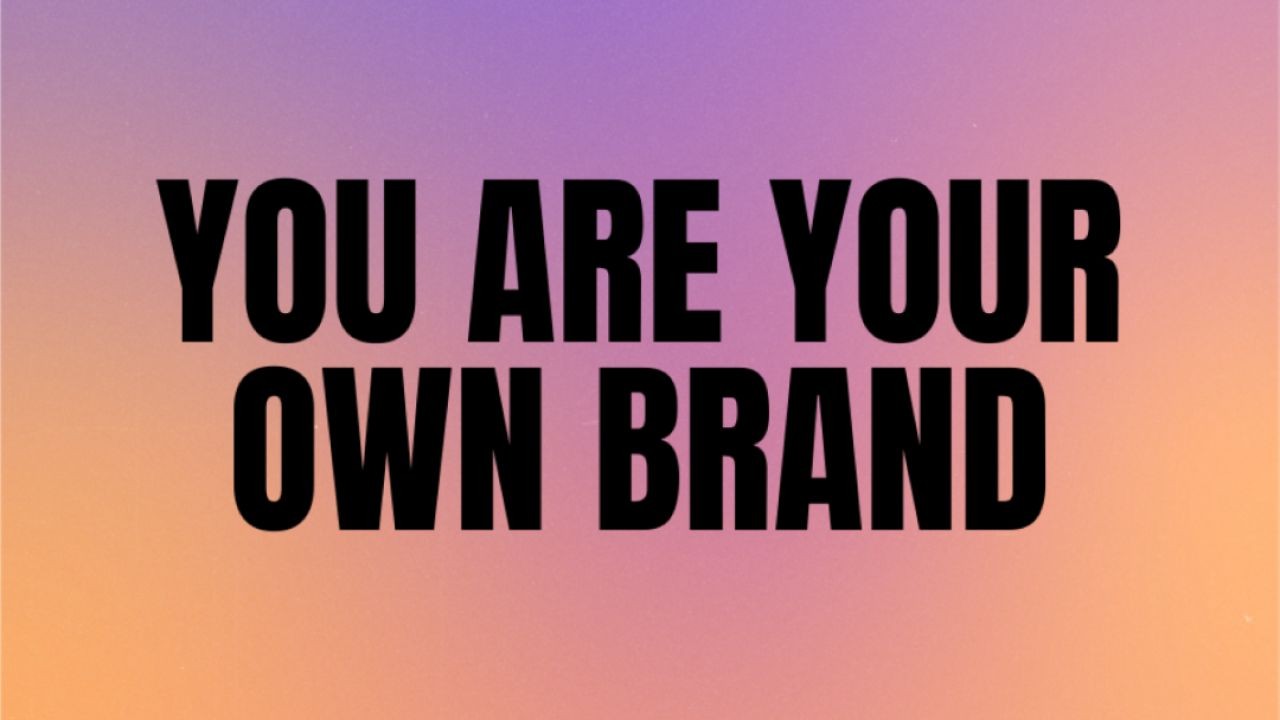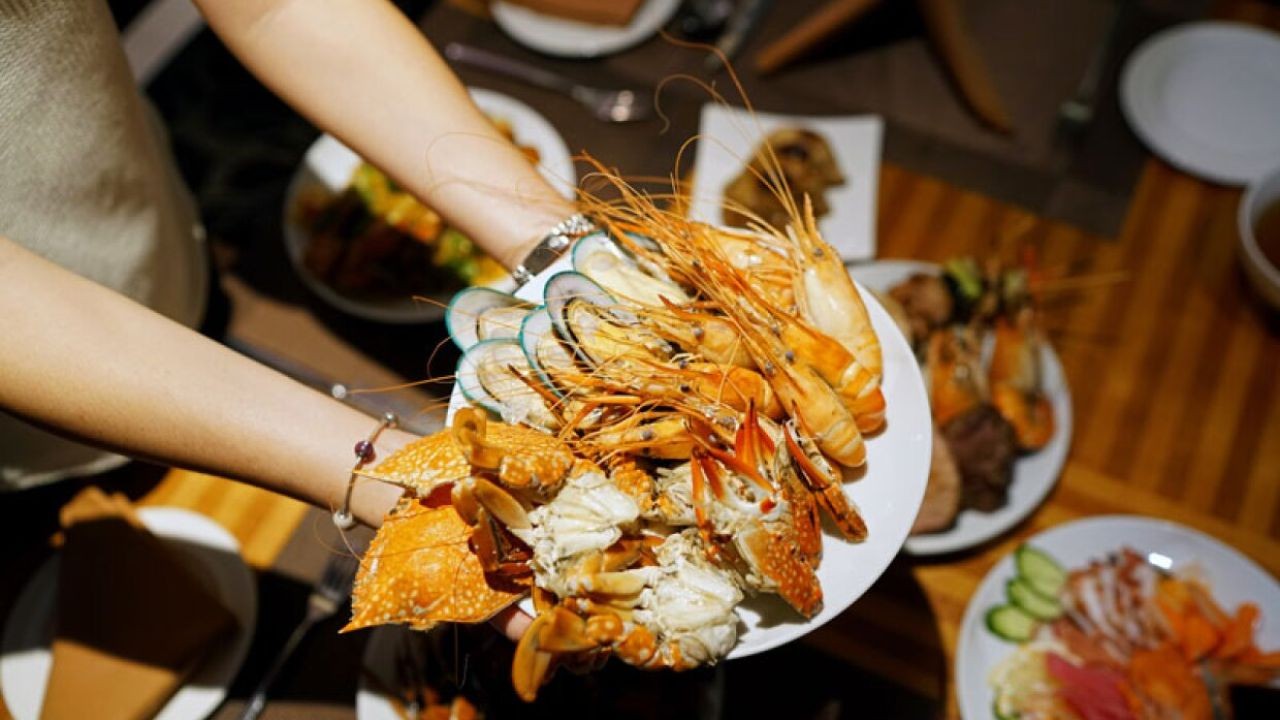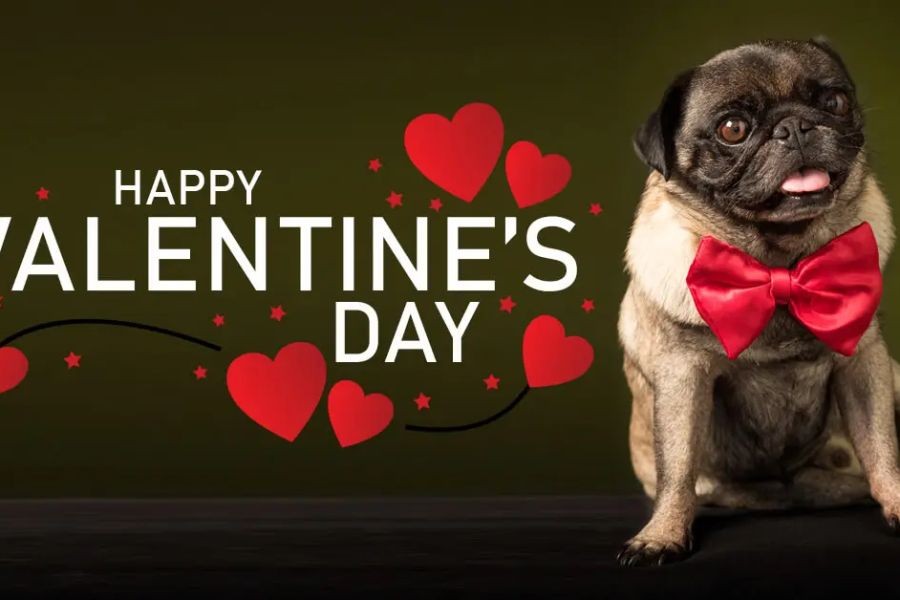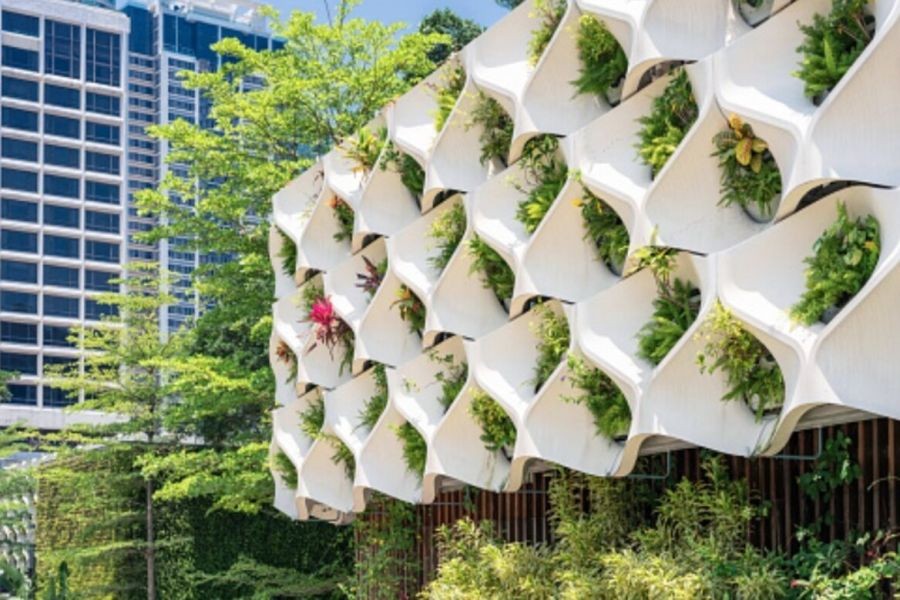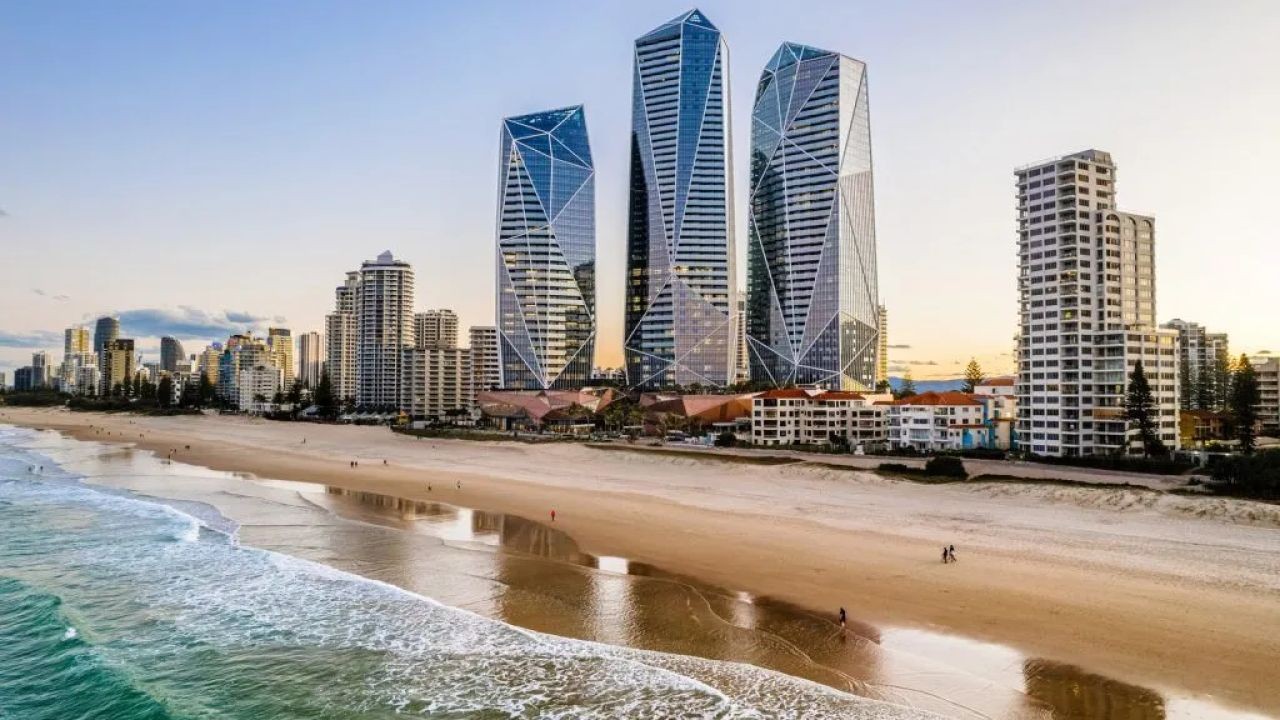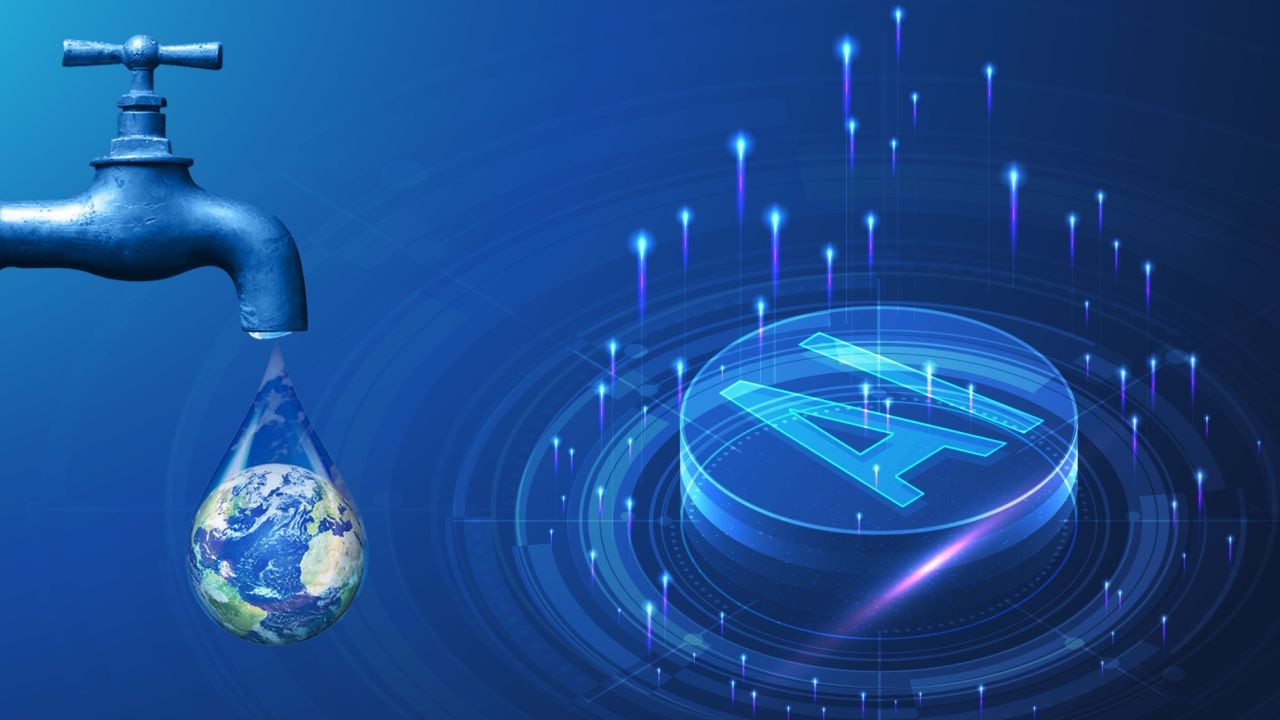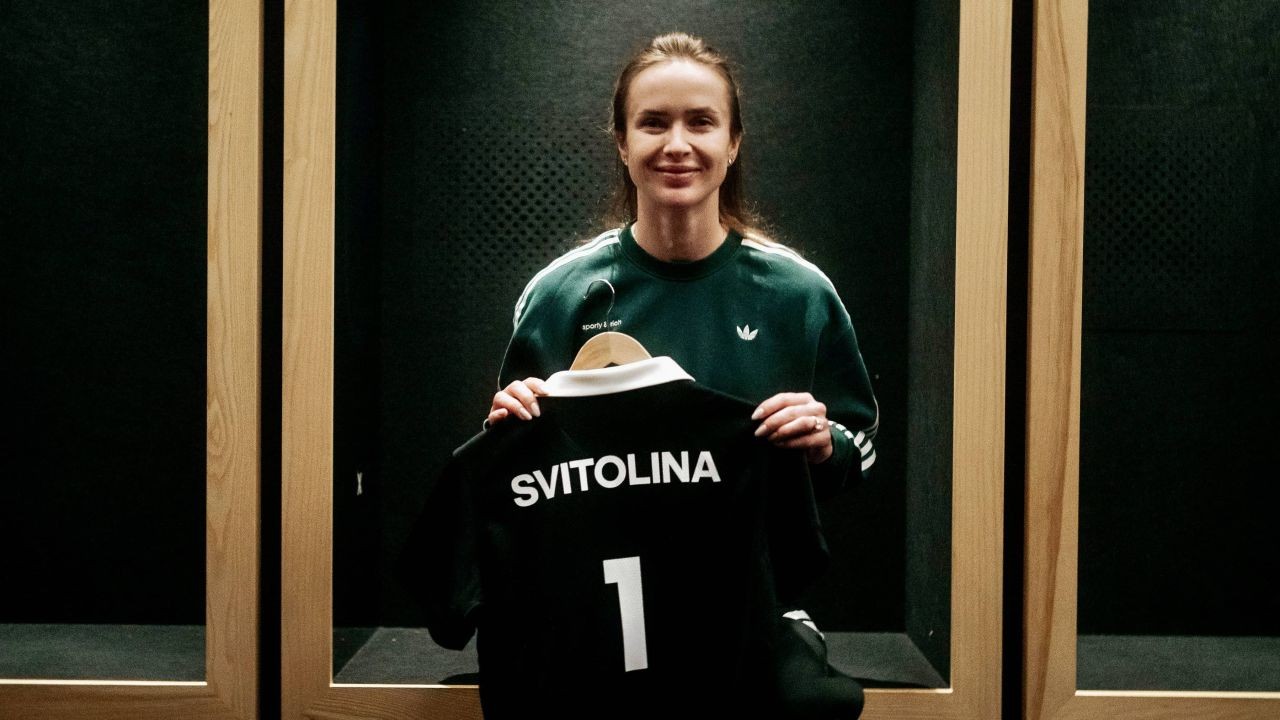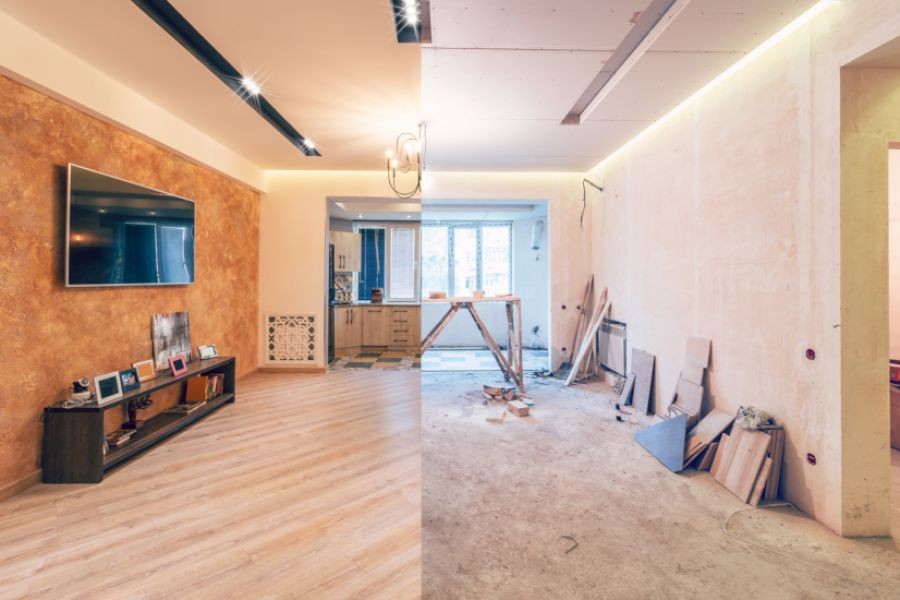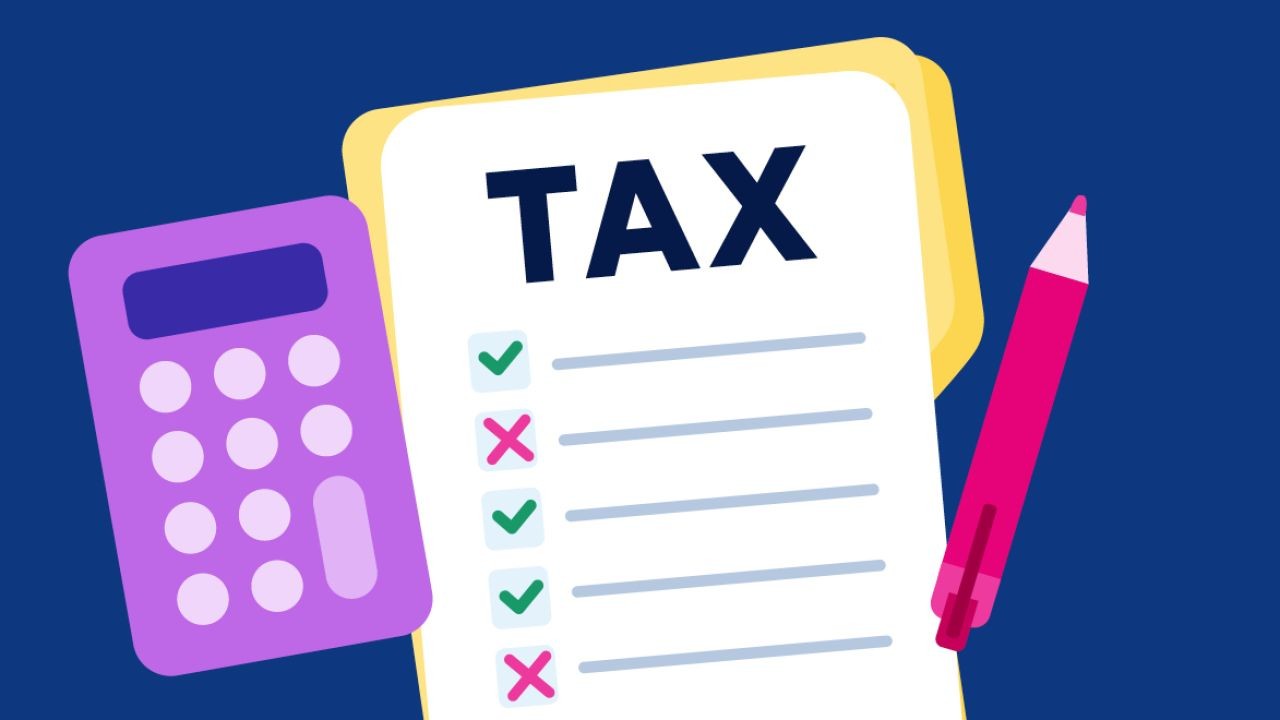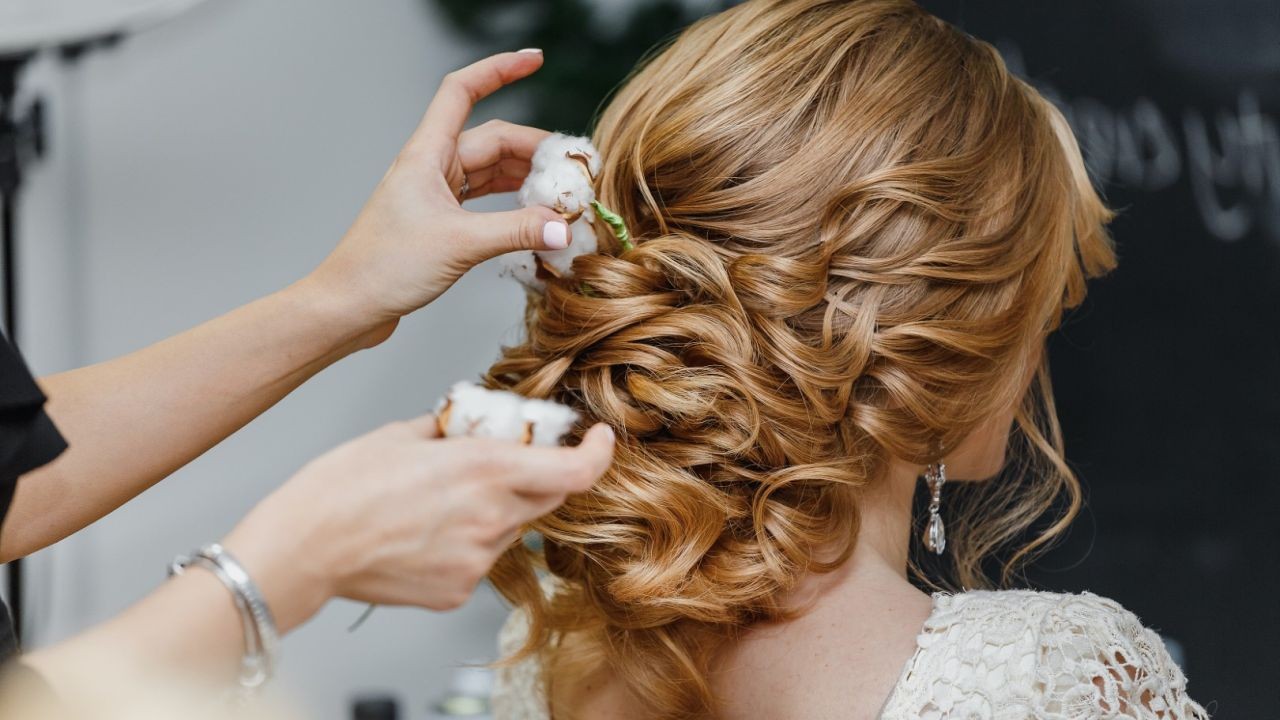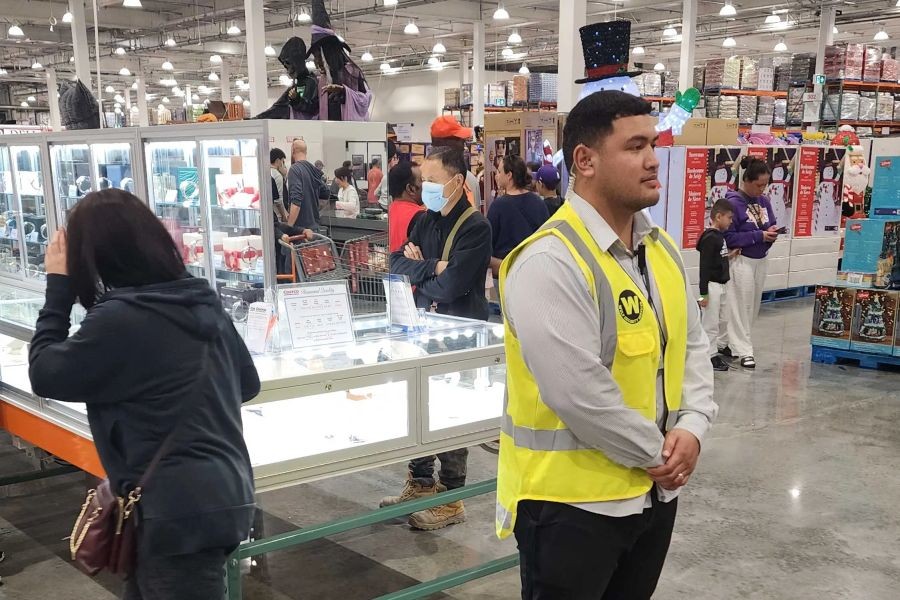🔥 Introduction:
In a country known for its rugged landscapes and stoic identity, something far less visible is eroding beneath the surface — the wellbeing of our men and boys.
New Zealand has one of the highest male suicide rates in the developed world. Boys are dropping out of school at higher rates, failing to access mental health support, and falling through the cracks of an evolving society that no longer speaks to them.
We’ve made important strides in gender equality — but in the process, many Kiwi males have become emotionally isolated, disengaged, and disempowered.
This isn’t a backlash. It’s not rage.
“They’re not angry — they’re disappearing.”
This article dives deep into the silent male crisis in Aotearoa: a crisis shaped by shifting roles, unspoken pain, and a culture that still tells boys to “man up” instead of reach out. It's time we asked: what happens when a society leaves half its future behind?
🪦 Part 1: The Silent Epidemic — New Zealand’s Male Suicide Crisis
In Aotearoa, more than three out of every four suicides are men. Every year, hundreds of Kiwi fathers, sons, brothers, and friends take their own lives — often with little warning, little support, and little national conversation.
📊 The Numbers We Don’t Want to Face
According to the latest data from the Ministry of Health and coronial services:
Men account for over 75% of all suicides in New Zealand
Young men aged 15–24 have one of the highest suicide rates among all demographics
Māori men are disproportionately affected — with rates roughly twice that of non-Māori males
These aren’t just statistics. They represent real people, real families, and real communities left behind — often in shock, confusion, and grief.
🤐 Why Aren’t We Talking About This?
There is still deep stigma around male vulnerability, especially in a culture that prizes emotional toughness. Many men:
Avoid talking about their mental health
Downplay warning signs like stress, addiction, or emotional withdrawal
Don’t seek help until it's too late — if at all
And when they do seek support, they often encounter:
Long waitlists for counselling
A system not designed for male engagement
A lack of male therapists or culturally responsive services
“He was the last person you’d expect” — a phrase repeated again and again after each loss.
🧨 A Pressure Cooker with No Release Valve
For many men, pain builds over years through:
Financial stress and underemployment
Relationship breakdowns and custody loss
Lack of purpose, isolation, and a feeling of being left behind
Without adequate emotional outlets, these pressures explode inward.
💬 In Their Own Words:
“I felt like I couldn’t talk to anyone. I’d just go to work, come home, drink, and try not to cry in front of my kids.”
— Anonymous, Northland
The suicide crisis isn’t just personal. It’s structural. It’s cultural. It’s ongoing.
And unless we shift how we raise, support, and connect with our men, we’ll keep burying them too young.
📘 Part 2: Disengaged and Disconnected — Boys Falling Behind in Education
In classrooms across Aotearoa, a quiet crisis is playing out: boys are checking out of school — mentally, emotionally, and often physically. The education system, designed for a different era and mindset, is failing to keep many young men engaged, confident, and future-ready.
📉 The Numbers Paint a Clear Picture
Boys consistently underperform compared to girls in literacy, reading, and overall NCEA attainment
More boys are suspended or excluded from school than girls, especially Māori and Pasifika boys
Truancy and dropout rates among boys are climbing, particularly after Year 10
Boys are also less likely to attend university or complete tertiary qualifications
By their late teens, many are already on the back foot — disconnected from learning, confidence shattered, and unsure where they fit.
🧠 Different Needs, Same System
Why are boys falling behind? Some key factors include:
Learning style mismatch: Many boys thrive with hands-on, kinaesthetic, or real-world learning — but the system still over-relies on reading, writing, and passive classroom behaviour
Emotional literacy gap: Boys are less likely to receive support for emotional regulation, leading to behavioural issues and punitive responses instead of help
Lack of male role models: With most primary and intermediate teachers being female, many boys go years without seeing a man in a caregiving or mentoring role
🚨 The Discipline Dilemma
Instead of support, struggling boys are often punished. A 2023 report from the Education Review Office found:
“Boys are more likely to be stood down for behavioural issues, and less likely to receive early intervention or pastoral care.”
The result? Boys internalise that they are “bad” or “dumb” — reinforcing a cycle of disengagement and shame.
👣 The Long-Term Cost
This isn’t just an education issue — it’s a pipeline problem. Boys who disengage from school are more likely to:
Become unemployed or underemployed
Struggle with mental health and addiction
End up in the criminal justice system
Feel alienated from civic life and identity
🎓 Rethinking Success for Kiwi Boys
If we want boys to succeed, we need to:
Broaden definitions of intelligence and success beyond academics
Support emotional development in boys from early childhood
Train teachers to understand gender differences without stereotyping
Bring more male mentors and role models into education
Because the question isn't whether boys can thrive — it's whether we’re giving them a system that believes they can.
🧍♂️ Part 3: Masculinity in Transition — When Strength Becomes Silence
In New Zealand, the traditional idea of a “good man” hasn’t changed much in decades. He’s self-reliant. He works hard. He doesn’t complain. He keeps his feelings to himself. And if life gets tough? He hardens up.
But this outdated model of masculinity — the quiet, stoic, emotionally shut-down archetype — is increasingly at odds with the reality Kiwi men face today. And many are struggling to navigate the gap between who they’ve been told to be, and who they need to be to survive and thrive in a modern world.
🧱 The Old Script: Be Strong, Don’t Feel
From rugby fields to work sites, from childhood to fatherhood, boys and men are taught — explicitly or implicitly — that emotions are weakness.
Common messages include:
“Don’t cry, don’t whinge.”
“Suck it up — be a man.”
“Real men don’t talk about their feelings.”
This conditioning becomes internalised early, forming the basis of a masculine identity that prizes control, silence, and emotional distance.
But over time, what starts as “strength” becomes a form of emotional self-isolation.
🔥 A Culture Out of Step with the Times
The world around men is changing fast. Emotional intelligence, vulnerability, and open communication are becoming essential skills — in relationships, in parenting, in leadership. But many Kiwi men were never taught how to develop or value those skills.
“We’re told to be strong — but no one tells us how to ask for help when strength runs out.”
— Pita, 33, Wellington
This creates internal conflict:
Shame when men can’t cope emotionally
Confusion about expressing love or fear
Suppressed grief, anger, or anxiety — which often turns inward or outward in destructive ways
💔 The Cost of Emotional Illiteracy
When men are unable or unwilling to express what’s going on inside them, the consequences can be devastating:
Higher suicide and addiction rates
Breakdown in relationships and whānau
Poorer physical health outcomes
Lost connection to children and community
This isn't just personal pain — it's societal loss.
🌿 Time for a New Story of Strength
Rewriting masculinity doesn’t mean tearing it down — it means expanding it.
We need models of Kiwi manhood that include:
Emotional expression
Interdependence
Nurturing roles (e.g., fatherhood, caregiving)
Cultural and spiritual grounding
Whether it’s through haka, therapy, barbershop kōrero, kapa haka, sport, or wānanga, the spaces where men can speak freely and feel deeply are lifesaving.
👣 Small Steps, Big Shifts
Supporting this shift means:
Teaching emotional literacy in schools — to all children
Promoting male mental health in ways that resonate culturally and socially
Celebrating men who show up emotionally, not just stoically
Because real strength isn’t silence. It’s being seen and heard, and still standing.
🏙️ Part 4: The Loneliness of Modern Man
Despite living in a hyper-connected world, many New Zealand men are profoundly lonely — and not just in the digital or social sense. This is a deeper, existential disconnection: from friends, from purpose, from whānau, and sometimes from themselves.
In a culture where mateship is revered, how is it that so many Kiwi men are suffering in silence, even among others?
📉 A Crisis Hidden in Plain Sight
Research from agencies like the Mental Health Foundation and Lifeline NZ shows:
Men are less likely than women to report feeling lonely, but when they do, the effects are more severe
Older men, rural men, and single men are particularly at risk
One in three men over 40 report having no close friends they could call on in a crisis
This isn’t a social media problem — it’s a societal design flaw, where male friendships often don’t extend beyond sport, work, or the pub.
🚫 Emotional Intimacy vs Surface Banter
For many men, male friendships are built around shared activities — not emotional vulnerability. As they get older and lose access to those activities (like sports, or drinking culture), many find:
Friendships drift
Emotional connection weakens
They have no one to talk to about grief, loss, or doubt
Add to this:
Work pressures
Relationship breakdowns
Geographic isolation
And a man can go days, weeks, or even months without a meaningful conversation.
“We joke around a lot — but we never go deep. I don’t think I’ve ever told my mates how bad it got.”
— Josh, 41, Christchurch
🧠 The Mental Health Toll
Loneliness is a biological stressor. It increases:
Risk of heart disease, stroke, and immune dysfunction
Depression, anxiety, and addiction
Suicide ideation, especially among middle-aged men
It also fuels the sense of being expendable — that if something were to happen, no one would notice or care.
🫂 Rebuilding Brotherhood, Beyond Banter
This isn't about forcing men to cry in group circles — it’s about:
Creating safe, non-judgemental spaces where men can speak honestly
Normalising male vulnerability in media, sports, and leadership
Encouraging deep friendships, not just activity-based mateship
Some promising examples already exist:
Men’s Sheds for older men to build and bond
Haka clinics and wānanga that revive cultural connection
Barbershop counselling and mental health champions in trades and sport
🌱 Connection is Survival
Loneliness kills — slowly, quietly, and without headlines. But connection heals.
We need to create a New Zealand where no man feels like he has to carry everything alone. Where emotional isolation is seen not as manliness, but as a warning sign.
Because being a “strong, silent type” is no good if it means suffering — or dying — unheard.
🪶 Part 5: Māori Men and a Legacy of Dispossession
For Māori men in Aotearoa, the crisis isn’t just personal — it’s historical. The struggles with identity, mental health, educational disengagement, and incarceration cannot be separated from a long legacy of colonisation, land theft, and cultural suppression.
Many of the challenges faced by tāne Māori today are not accidental. They are systemic outcomes of dispossession — of whenua, of language, of mana.
🌏 A History That Still Hurts
Colonisation in New Zealand was not just the loss of land — it was the loss of a way of life. The Crown's invasion of Māori sovereignty dismantled:
Whakapapa-based leadership structures
Intergenerational roles and responsibilities
Connection to whenua (land), which provided identity and spiritual grounding
When Māori were alienated from their land, they were alienated from their purpose. The economic and social systems that replaced traditional life often positioned Māori men as labourers, prisoners, or outsiders — never decision-makers.
“Tāne Māori were once the protectors, providers, and knowledge-holders. Now too many are treated like threats, not treasures.”
— Reverend Dr. Hirini Kaa
🧱 Systems that Still Punish, Not Heal
Today, Māori men are:
Twice as likely to be suspended or expelled from school
Seven times more likely to be imprisoned
More likely to be unemployed or underpaid
Less likely to access culturally safe mental health care
These statistics don’t reflect failure by individuals. They reflect systems that continue to marginalise Māori men, often beginning in childhood.
And when tāne Māori do seek help? Many find services that don’t speak their language — literally or culturally.
🧠 The Weight of Generational Trauma
Whānau violence, substance abuse, depression — these are symptoms, not causes. The root lies in historical and ongoing whakamā (shame), mamae (hurt), and rangirua (confusion) about who Māori men are allowed to be in this society.
Many Māori men grow up disconnected from:
Te reo Māori
Tikanga and wairua
Marae, hapū, and iwi identity
This spiritual and cultural orphaning makes them vulnerable to the worst of colonised masculinity: anger, silence, isolation.
🛠 Reclaiming Mana Through Culture
Despite this, many Māori men are leading a quiet resurgence. Healing comes through:
Kapa haka and mau rākau
Reconnecting with whakapapa
Wānanga, therapy, and kōrero
Kai, carving, and cultural practice
In these spaces, tāne are not told to harden up — they are reminded of who they are, and always were.
“Our strength was never in domination — it was in knowing our place in the world, our whakapapa, and our obligations to each other.”
— Te Kani Williams, Māori mental health advocate
✊🏽 Beyond Inclusion: Restoration
For Māori men to thrive, we must move past mere "inclusion" in broken systems. What’s needed is restoration — of whenua, of reo, of power, of purpose.
Because until Māori men are allowed to lead full, flourishing lives rooted in their own identity, Aotearoa can never fully heal either.
💊 Part 6: The Body is the Battlefield — Addiction, Risk, and Shame
When emotional pain has no outlet, it finds the body. For thousands of Kiwi men, addiction, violence, and risk-taking aren’t simply poor choices — they’re survival strategies. They're unspoken expressions of trauma, loneliness, and unmet emotional needs.
In New Zealand, a man’s silence often leaks out sideways — through alcohol, through rage, through the roll of a dice he secretly hopes he’ll lose.
🥃 Coping Mechanisms or Crutches?
New Zealand’s drinking culture is legendary — and deadly. For many men, the pub is the only socially sanctioned space where:
Touch is allowed (handshake, back slap, arm around the shoulder)
Emotions are momentarily freed (via intoxication)
Truth is spoken — then quickly laughed off
But when alcohol becomes the only emotional outlet, it’s also a trap:
Māori men are twice as likely to experience alcohol-related harm
Men overall are more likely to binge drink and less likely to seek help
Alcohol abuse is deeply linked to depression, violence, and suicide
Gambling, reckless driving, casual sex, drugs — these are less about thrill-seeking and more about numbing. They are signals of suffering.
“He never cried. He just drank. And then one day he was gone.”
— Ana, 28, South Auckland
🧱 Masculinity as Self-Harm
When men are taught that vulnerability is weakness, some turn to physical risk or aggression to reaffirm control:
Men make up over 90% of workplace injuries and fatalities
Men are vastly overrepresented in violent crime — as both perpetrators and victims
Suicidal ideation in men is often linked to financial stress, family breakdown, or social isolation — but they rarely talk about it
These aren't disconnected facts — they’re all linked to one message:
“You’re not allowed to be soft. So be hard — on yourself, on others, or on the world.”
💔 Shame: The Invisible Anchor
Shame is the emotional undercurrent running beneath addiction and risk. Many men feel:
Shame for not being "man enough"
Shame for struggling financially
Shame for failing as a father or partner
Shame for needing help
But shame doesn’t make men better — it makes them hide, shut down, or lash out.
🛠 Healing Must Include the Body
If the body is the battlefield, then it must also be the starting place for healing. That means:
Trauma-informed health care
Culturally grounded addiction support
Normalising men’s health checks, therapy, and rest
Restoring wairua and tinana (spiritual and physical) balance
Some promising models include:
Waka-based rehab programmes
Kaupapa Māori mental health retreats
Men’s movement workshops blending haka, breathwork, and storytelling
🌿 Pain Is Not Weakness
Until men are taught that pain is not shameful — that seeking help is not weakness — the cycle will continue.
The body remembers what the mind denies. And the body breaks when the soul is silenced.
🎒 Part 7: Boys Left Behind — Disengagement from School and Society
Long before Kiwi men disappear into addiction, prison, or loneliness, many first vanish from the classroom. Disengagement doesn’t begin at age 20 — it starts at 10, or 12, or 15, when boys stop believing they belong, or matter, in the systems around them.
New Zealand’s boys are not dropping out because they’re lazy or rebellious. They’re dropping out because they’re not being seen.
🧮 The Numbers Are Clear — And Concerning
Boys perform worse than girls across nearly all NCEA levels, particularly in reading and writing
Māori and Pasifika boys are overrepresented in suspension and expulsion stats
Truancy and absenteeism among boys are worsening post-COVID
Only 41% of men aged 18-24 are currently engaged in tertiary study or training (compared to 55% of women)
These aren’t just education problems. They’re indicators of early disconnection from purpose, trust, and belonging.
📚 Schools Don’t Always Fit the Student
The structure of our mainstream schooling system clashes with many boys’ developmental and cultural needs:
Long periods of sitting, reading, and quiet compliance
A punitive approach to behaviour rather than restorative
Limited hands-on, collaborative, or outdoor learning options
Few male teachers or mentors in early education
In many schools, the message boys receive is: be quiet, be still, be someone else.
🧠 The Neurodiversity Gap
Autism, ADHD, dyslexia, and sensory disorders are under-diagnosed in boys from low-income or Māori/Pasifika backgrounds. Instead of receiving support, these boys are:
Stood down
Labelled as “problem students”
Channelled into low-expectation tracks
The result? Long-term distrust of authority, low self-esteem, and generational disempowerment.
🏗️ The Pathways Are Too Narrow
Our education system pushes academic success as the gold standard — university, desk jobs, middle-class security. But what about:
Trades?
Creative industries?
Cultural leadership?
Community service?
If we only value one kind of success, we exclude most boys from ever achieving it.
🛠 Solutions Already Exist — But Need Scale
Successful approaches are already working in localised areas:
Kura kaupapa Māori and bilingual schools focused on identity and whakapapa
Trade academies integrated with high school
Mentoring programmes for boys in low-decile areas
Alternative education centres for at-risk youth
But these remain the exception, not the norm.
🧭 A Generation at Risk
When boys stop turning up to class, they’re not just skipping school — they’re signalling something deeper: disillusionment, hopelessness, and confusion about their place in the world.
We can’t solve the male crisis in Aotearoa without tackling it where it starts — in the very places we’re supposed to prepare them for life.
🏠 Part 8: Silence at Home — Fatherhood, Disconnection, and Intergenerational Wounds
We often talk about the crisis facing New Zealand’s boys and men in terms of school, work, or crime. But the most invisible and devastating losses often happen at home — in fatherless living rooms, emotionally distant households, and intergenerational patterns of silence.
Being a dad is hard. Being fathered poorly — or not at all — can be life-altering. And yet, for too many Kiwi men, this cycle continues: absent dads raising emotionally absent sons.
📉 The Father Gap
In New Zealand:
Over 20% of children live in sole-parent households, most of them led by mothers
Māori and Pasifika boys are disproportionately affected by paternal absence due to incarceration, early death, or estrangement
Even in two-parent homes, many boys report low-quality emotional connection with their dads
This isn’t always due to neglect. Often, it’s the result of fathers who were never taught how to love out loud.
“My dad provided, but we never talked. I don’t think he ever said ‘I’m proud of you.’”
— Eru, 36, Hamilton
🧬 Trauma That Echoes
Many Kiwi fathers are carrying trauma of their own:
Abuse, neglect, or poverty from childhood
Suppressed grief from lost jobs, friends, or dreams
Generational silence handed down like a family heirloom
And because they were never shown healthy emotional tools, they parent with the only models they know:
Stoicism
Anger
Absence
When boys grow up in this emotional vacuum, they learn that connection is dangerous, or simply not an option.
🔇 Masculinity Without Mentorship
Modern masculinity is in flux. Old expectations no longer fit, but new ones are unclear — especially without healthy male mentors.
Many boys grow up:
With media as their only model of manhood
Without someone to process puberty, anger, failure, or identity with
Without safe rites of passage into adulthood
This leaves them vulnerable — not just to confusion, but to radicalisation, misogyny, or nihilism.
👶 Redefining Fatherhood in Aotearoa
We can’t solve this with slogans or Sunday visits. It will take:
Paid, protected paternity leave that encourages bonding
Parenting courses designed for men, in both English and te reo
Whānau-based healing programmes that include fathers, not exclude them
Community spaces for intergenerational mentorship, like marae and Men’s Sheds
Fatherhood must be more than provision. It must be presence, care, and growth — for both the child and the man.
🌿 A Father’s Role Is Not Optional
When boys grow up without secure male connection, they don’t become less masculine — they become more uncertain, more performative, and more wounded.
We must raise our sons with more than toughness — we must raise them with truth, time, and tenderness.
🛑 Part 9: The Shame Machine — When Vulnerability Becomes Taboo
In New Zealand’s male culture, vulnerability is often the enemy. From a young age, boys learn that showing weakness is unacceptable — that tears, fears, or doubts must be hidden at all costs.
This “shame machine” not only silences emotional expression but also traps men in cycles of isolation, pain, and self-destruction.
😶🌫️ The Cultural Code of Silence
Common sayings like “man up,” “boys don’t cry,” or “keep a stiff upper lip” enforce a code that:
Dismisses feelings as irrelevant or feminine
Punishes openness with ridicule or exclusion
Encourages emotional suppression as strength
Men internalise this code, resulting in an invisible prison of shame.
💔 The Hidden Cost of Shame
Shame isn’t just uncomfortable — it’s toxic. It leads to:
Avoidance of help-seeking behaviours, especially mental health support
Increased risk of substance abuse and violence
Damage to intimate relationships and friendships
Worsened physical health through stress-related illnesses
For many Kiwi men, shame becomes a barrier to healing and connection.
🧩 Breaking the Cycle
Combatting the shame machine means:
Normalising emotional openness in homes, schools, and workplaces
Creating safe spaces for men to talk without judgement
Challenging toxic masculinity through media, sport, and leadership examples
Educating boys and men on emotional literacy and self-compassion
🌟 Stories of Courage
Some men are leading the way by sharing their struggles openly, proving that vulnerability is a strength, not a weakness.
“When I started talking about my depression, I lost some mates — but I found myself.”
— Kahu, 29, Dunedin
🔑 Vulnerability as the Key to Survival
For New Zealand men, escaping the shame machine is not just about personal growth — it’s about saving lives and restoring communities.
When men can be vulnerable without fear, they can heal, connect, and thrive.
🌄 Part 10: Rebuilding the Village — A New Future for Kiwi Boys and Men
The challenges Kiwi men face—from mental health struggles and educational disengagement to loneliness and cultural disconnection—are deeply rooted but not insurmountable. Healing requires a collective effort to rebuild the social fabric that once supported boys and men through every stage of life.
🏡 The Power of Community and Connection
“Rebuilding the village” means:
Restoring strong whānau ties where boys learn identity, responsibility, and love
Creating safe spaces for men to connect, share, and grow without judgement
Valuing mentorship and positive role models inside families, schools, workplaces, and communities
Embracing cultural traditions and practices that reaffirm belonging and purpose
📚 Education That Sees and Supports Boys
Schools must evolve to:
Recognise diverse learning styles and needs
Promote emotional literacy alongside academics
Provide male mentors and culturally responsive teaching
Engage boys in meaningful, hands-on, and culturally relevant learning
💬 Changing the Conversation Around Masculinity
New Zealand needs a masculinity that includes:
Emotional openness and vulnerability
Respect for difference and diversity
Celebration of caregiving, creativity, and community leadership
Healthy expressions of strength rooted in connection, not isolation
🛠 Practical Steps and Promising Initiatives
Expanding programmes like Men’s Sheds, Kapa haka, and wānanga
Supporting mental health services tailored for men and Māori/Pasifika communities
Investing in parenting education that includes fathers and intergenerational healing
Promoting media campaigns that model positive, diverse masculinity
🌟 A Call to Collective Responsibility
The wellbeing of Kiwi men is not just a men’s issue — it affects whānau, communities, workplaces, and the nation’s future. Everyone has a role to play in creating a New Zealand where boys grow up strong, seen, and supported — and men live fully, connected, and hopeful.
“They’re not angry — they’re disappearing.”
But together, we can change that story. By listening, learning, and acting, we can ensure no boy or man in Aotearoa is left behind.
Conclusion: From Silence to Strength — A Future for All Kiwi Men
The story of Kiwi men today is one of quiet crisis but also profound opportunity. For too long, many boys and men have slipped through the cracks—unseen, unheard, and unsupported. The high rates of suicide, educational disengagement, loneliness, and cultural disconnection are not signs of individual failure but of a system and society that has failed to nurture its men fully.
Changing this requires all of us: families, educators, policymakers, communities, and men themselves. It means redefining masculinity to include vulnerability and connection; building schools and services that meet boys where they are; and reclaiming cultural identities that empower rather than erase.
New Zealand’s future depends on the wellbeing of its men. When we listen deeply, act boldly, and build community intentionally, we can ensure that Kiwi boys grow into men who are not disappearing—but thriving.
Call to Action: How You Can Help Turn the Tide
For educators: Advocate for more male mentors, emotional literacy programmes, and culturally responsive teaching that supports all boys.
For health professionals: Develop and promote mental health services tailored for men, especially in Māori and Pasifika communities.
For policymakers: Invest in social infrastructure that addresses poverty, housing, and family support as key factors in men’s wellbeing.
For whanau and communities: Foster open conversations about mental health and masculinity, and create spaces where men can connect safely.
For men and boys: Reach out, share your story, seek support, and support one another. Vulnerability is strength.
Together, we can rewrite the narrative — from “they’re disappearing” to “they are here, strong, and connected.”

